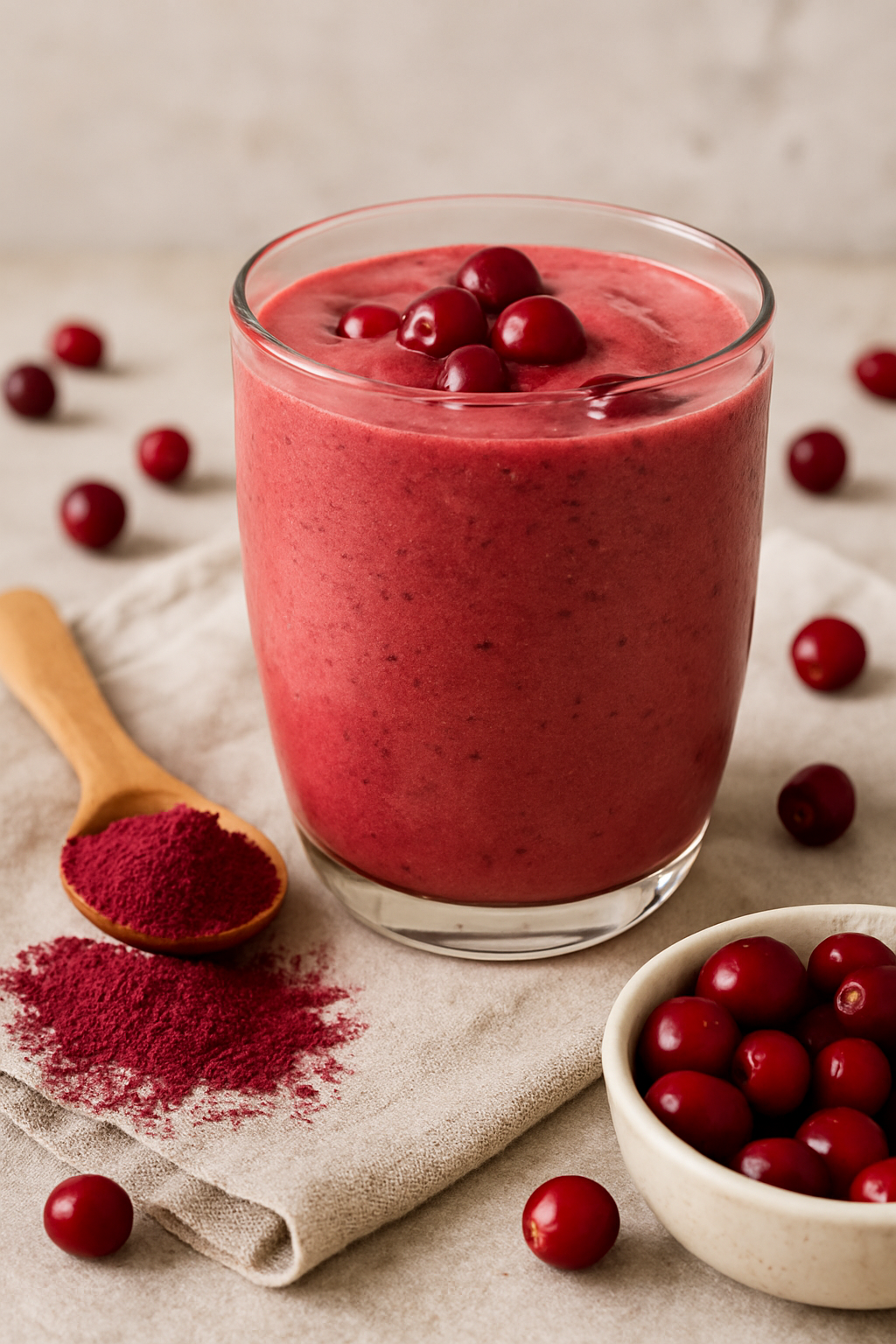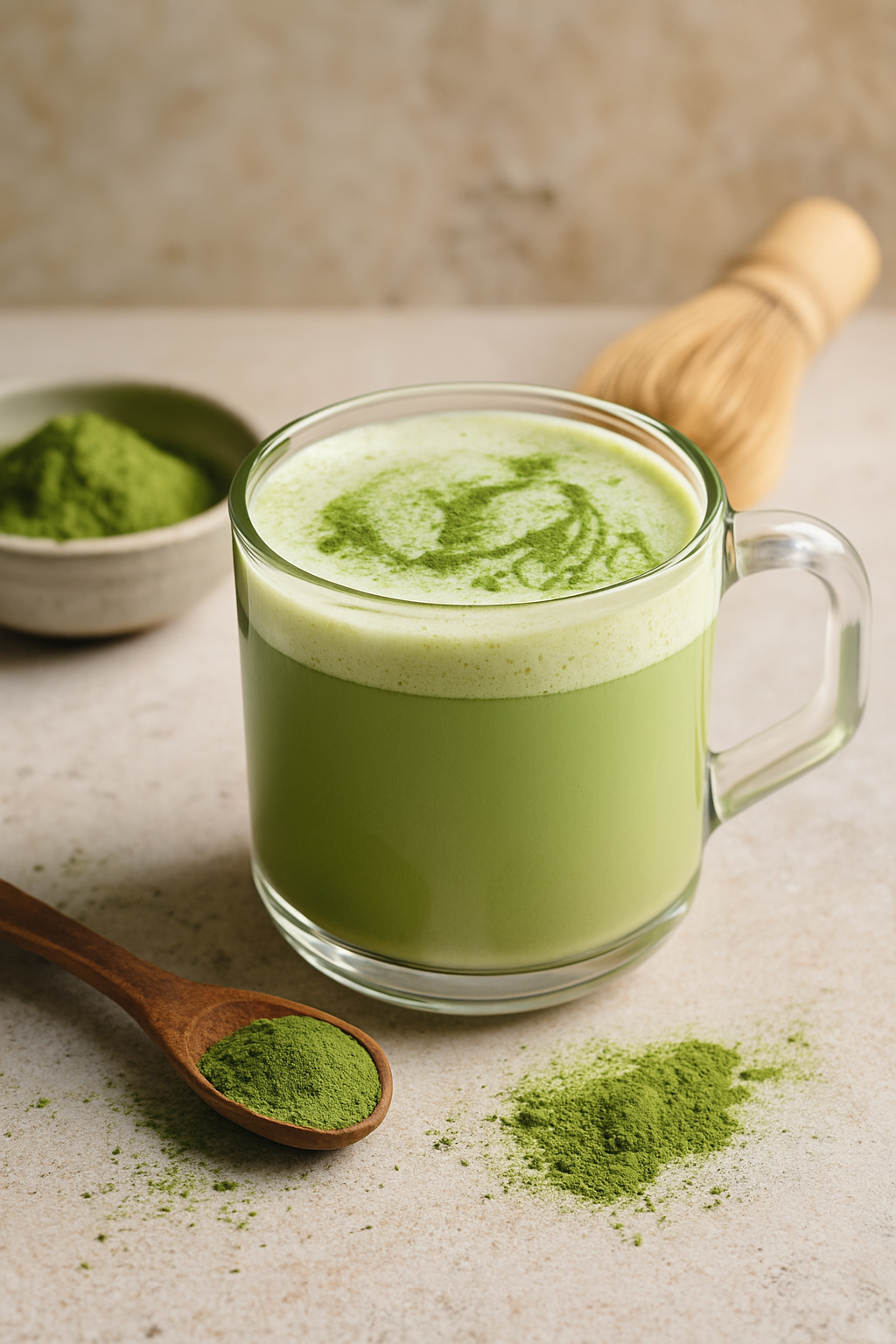Ginkgo biloba is one of the world’s most widely used natural supplements, praised for its ability to support memory, focus, and circulation. Derived from one of the oldest tree species on Earth, ginkgo has been used for thousands of years in traditional medicine and remains a staple in modern wellness routines today.
But one question often arises: Is it better to take ginkgo in the morning or at night?
Timing plays a significant role in how effectively supplements work. Whether you’re using ginkgo to boost mental clarity, improve blood flow, or support overall health, understanding when to take it can help maximize its benefits and reduce potential side effects.
Understanding Ginkgo and Its Organic Benefits
Ginkgo biloba originates from ancient Chinese herbal medicine and has been used for centuries as a remedy for circulatory and cognitive disorders. The leaves of the ginkgo tree contain powerful bioactive compounds that help protect cells, enhance blood flow, and support brain function.
Modern research confirms what traditional medicine long understood: ginkgo offers a variety of health benefits, including improved focus, better memory, and reduced oxidative stress.
Choosing organic ginkgo products ensures the highest level of purity and potency, free from synthetic additives or pesticides that can diminish its natural effects.
Ginkgo is commonly available as capsules, extracts, and juice-based blends. Each form offers its own advantages: capsules provide convenience, extracts offer higher concentration, and juices deliver a refreshing, nutrient-rich option for those seeking to incorporate it into their daily nutrition routine.
Mechanisms of Ginkgo’s Action and Its Role as a Natural Extract
The health effects of ginkgo biloba come from its unique bioactive compounds, primarily flavonoids and terpenoids. These plant-based molecules act as powerful antioxidants, helping to neutralize free radicals that can damage cells and accelerate aging.
Additionally, terpenoids in ginkgo enhance circulation by dilating blood vessels and improving oxygen delivery to the brain and body. This improved blood flow may translate into better mental performance, reduced fatigue, and even improved mood stability.
Because of these effects, ginkgo extract is often used to support cognitive function, protect against age-related decline, and enhance focus and alertness. Regular use of organic ginkgo extract or supplements can also help maintain vascular and brain health over time, making it a valuable addition to any natural supplement regimen.
Timing and Ginkgo: Morning or Night?
When it comes to taking ginkgo biloba, timing truly matters, but it also depends on your goals and your body’s natural rhythm.
Taking Ginkgo in the Morning
For most people, the morning is the optimal time to take ginkgo. Since the supplement is known to increase circulation and mental alertness, it naturally aligns with the body’s daily activity cycle. Taking ginkgo in the morning can help improve focus, energy, and memory throughout the day.
Because ginkgo can have mild stimulating effects for some users, taking it earlier can also reduce the likelihood of it interfering with sleep. Many people find that a morning dose enhances productivity and overall mental clarity, particularly when combined with a healthy breakfast or smoothie.
Taking Ginkgo at Night
That said, there are instances where taking ginkgo at night might be beneficial. Some individuals report that nighttime use helps promote relaxation, improved blood flow during rest, or even enhanced sleep quality due to its circulatory support.
However, because ginkgo may increase alertness, it could cause restlessness in sensitive individuals. If you notice difficulty falling asleep after nighttime use, it’s best to shift your dosage earlier in the day.
Scientific studies haven’t pinpointed a universal “best” time to take ginkgo. Most research focuses on consistent daily intake rather than specific timing. Therefore, what matters most is consistency. This means taking ginkgo at the same time each day so your body can adjust and absorb it effectively.
Timing and Effectiveness Overview
|
Timing |
Potential Benefits |
Considerations |
|
Morning |
Boosts focus, mental clarity, circulation, and daytime energy. |
Best for those seeking alertness and cognitive enhancement. |
|
Night |
May promote blood flow and recovery during rest. |
Could cause mild stimulation or sleep disruption for some users. |
|
Anytime (Consistent Use) |
Regular intake maintains stable levels of bioactive compounds in the body. |
Choose a time that fits your routine and promotes consistency. |
Health Considerations and Personalized Approach
While ginkgo biloba is considered safe for most adults, individual responses can vary. Factors like metabolism, diet, and sensitivity to caffeine-like compounds can influence whether morning or evening dosing works best.
If you’re using ginkgo primarily for mental clarity, mornings may offer more noticeable results. If your goal is overall circulation and long-term health support, evening use can still be effective as long as it doesn’t affect sleep.
Always consult with a healthcare provider before starting ginkgo or any new supplement, especially if you take blood thinners or medications for circulation or blood pressure. As a natural extract that improves blood flow, ginkgo may interact with these drugs in rare cases.
Incorporating Ginkgo into Daily Nutrition
Adding ginkgo to your daily wellness routine doesn’t have to be complicated. Here are a few practical ways to include it:
● Morning Smoothies or Juices: Mix organic ginkgo juice or powder into your morning smoothie with fruits and greens for a refreshing and nutrient-rich start to your day.
● Ginkgo Extracts and Capsules: Take one capsule or measured extract dose with breakfast or lunch to maintain consistency.
● Stay Consistent: Whether you choose morning or night, stick to the same schedule daily for optimal absorption and long-term benefits.
Consistency, combined with a balanced diet and proper hydration, helps maximize ginkgo’s benefits for brain and vascular health.
The Nutritional and Organic Benefits of Ginkgo Biloba
|
Characteristic |
Properties |
|
Cognitive Support |
Enhances memory, focus, and alertness through improved blood circulation and oxygen delivery. |
|
Antioxidant Protection |
Rich in flavonoids that fight oxidative stress and protect brain and vascular tissue. |
|
Circulatory Health |
Terpenoids improve microcirculation, supporting heart and brain health. |
|
Organic Benefit |
Organic ginkgo ensures cleaner sourcing and higher nutrient retention without synthetic additives. |
|
Natural Supplement |
Available as juice, capsule, or extract for flexible daily use. |
|
Nutritional Value |
Provides essential plant compounds that promote long-term cellular and vascular wellness. |
Conclusion
So, is it better to take ginkgo at night or morning? It depends on your body and your goals. For most people, morning intake helps enhance focus, alertness, and circulation throughout the day. For others, nighttime use may support relaxation and recovery.
What matters most is consistency, quality, and personal balance. Ginkgo biloba is a time-tested natural supplement that promotes brain, heart, and overall health when taken regularly and sourced responsibly.
To experience its full benefits, choose high-quality, organic ginkgo extract or juice from trusted brands like Unleash’d Organic, and make it part of your daily nutrition routine, morning or night.
With mindful use and proper timing, ginkgo biloba can help you think clearer, feel more focused, and maintain your health naturally.




Leave a comment
This site is protected by hCaptcha and the hCaptcha Privacy Policy and Terms of Service apply.